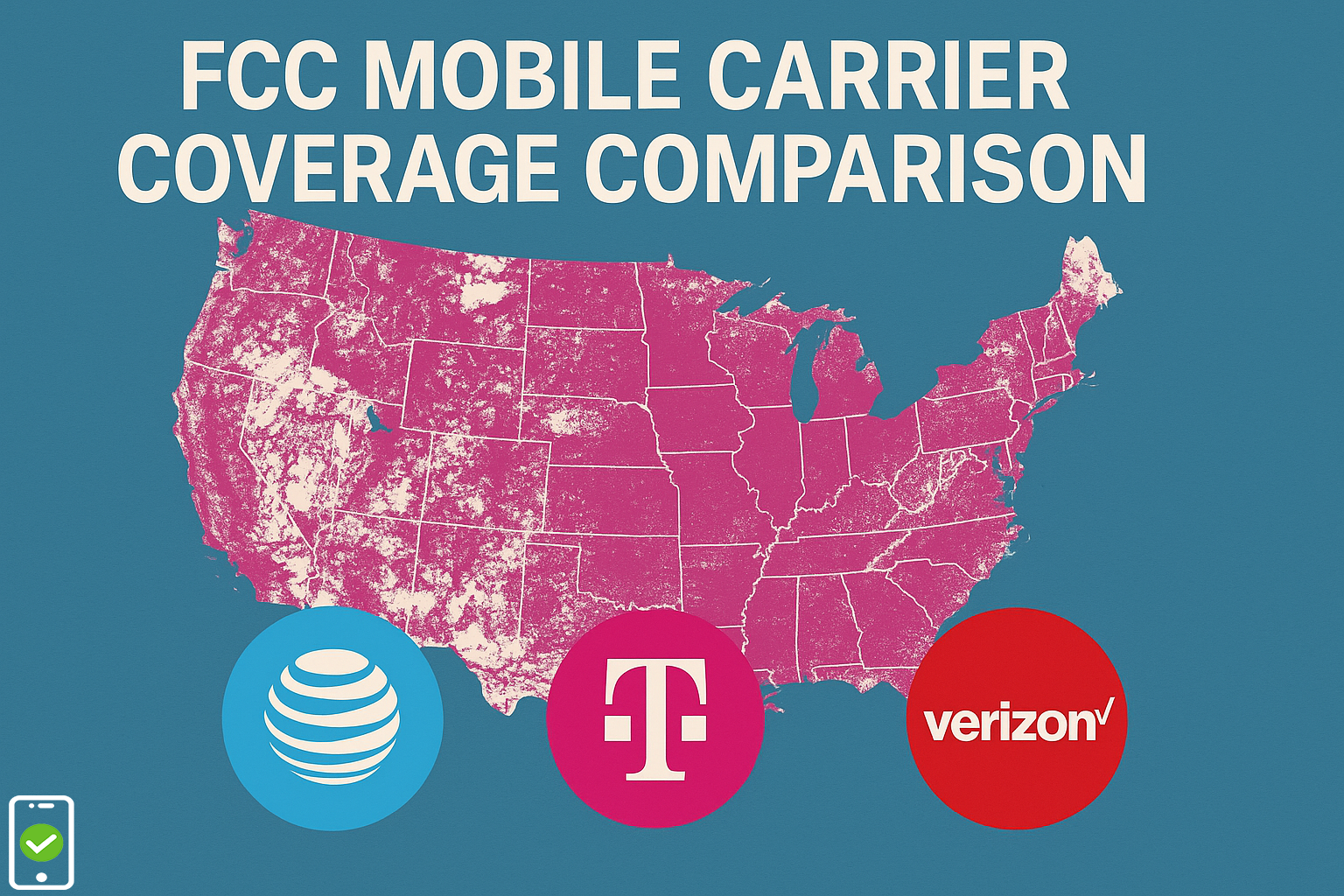Robocalls and the FCC’s Tough Stance: What’s Happening?
You answer your phone and hear the dreaded sound of an automated voice pitching an improbable loan. It’s not just a nuisance—it’s a reminder of the persistent issue of robocalls that plague consumers and businesses alike. The Federal Communications Commission (FCC) has had enough. In December 2024, the FCC flagged 2,411 voice service providers for failing to comply with its Robocall Mitigation Database requirements. These providers now face removal from the database, effectively barring them from operating within U.S. phone networks.
The Robocall Mitigation Database: A Pillar of Trust
Launched as part of the FCC’s broader strategy to combat illegal robocalls, the Robocall Mitigation Database ensures that voice service providers implement STIR/SHAKEN caller ID authentication protocols. These measures verify the legitimacy of calls, creating a safer communications environment. Non-compliance is not an option. Providers must outline their mitigation plans and certify their compliance, or they risk exclusion from U.S. telecom networks.
Why This Matters to the Telecom Industry
1. Enhanced Consumer Trust
By removing bad actors from the ecosystem, the FCC is bolstering consumer confidence in telecommunications. Reduced spam calls mean happier customers who are more likely to engage with legitimate services, a boon for telecommunications service providers (TSPs) aiming to enhance customer experience (CX).
2. Operational Disruption
The removal of non-compliant providers will force legitimate carriers to block traffic from these companies. For enterprises relying on these smaller VoIP services, it could mean interruptions in their day-to-day operations until new providers are identified and integrated.
3. Innovation Opportunities
With over 2,400 providers potentially exiting the market, there’s a vacuum for new entrants and technologies. This could accelerate innovation in spam call prevention technologies, like AI-driven fraud detection systems integrated into Telco cloud infrastructures.
Implications for Telecom CX Strategies
The FCC’s actions create a pivotal moment for TSPs to differentiate themselves. Here’s how:
Transparent Communication: Providers should proactively communicate with customers about their robocall mitigation efforts, showcasing their commitment to secure communication.
AI Integration: AI-powered solutions can preemptively block suspicious traffic, ensuring smoother CX while staying compliant.
End-to-End Security: Offering advanced security solutions, like virtualized network functions (VNFs) and distributed network overlays, can help businesses mitigate potential disruptions caused by non-compliant vendors exiting the market.
Best Practices for Navigating Compliance Challenges
Adopt Proactive Measures:
– Ensure certification in the Robocall Mitigation Database.
– Regularly update compliance measures to align with FCC guidelines.
Leverage Cutting-Edge Technology: The convergence of Telco cloud and AI offers a pathway to enhanced compliance. Incorporate tools like STIR/SHAKEN frameworks directly into network infrastructures using automated orchestration via tools like Cell-Stack.
Educate Customers: Telecom providers must empower customers with knowledge about robocall prevention. Simple actions, like enabling two-factor authentication or using authorized applications for voice calls, can make a significant difference.
What’s Next for Telecommunications?
As we look to 2025, the FCC’s bold action sets a precedent for stricter compliance across industries. Beyond enforcement, this creates opportunities for the telecom industry to innovate, integrate AI into customer engagement strategies, and redefine trust. Compliance isn’t just a requirement—it’s an opportunity to lead.



